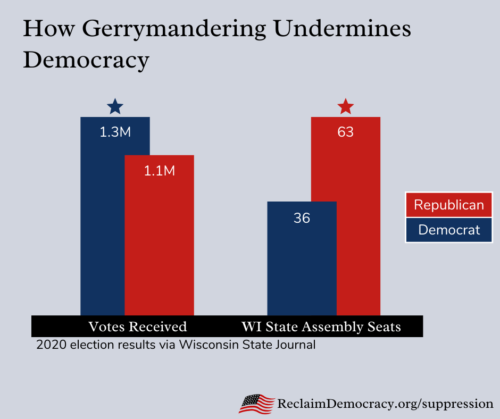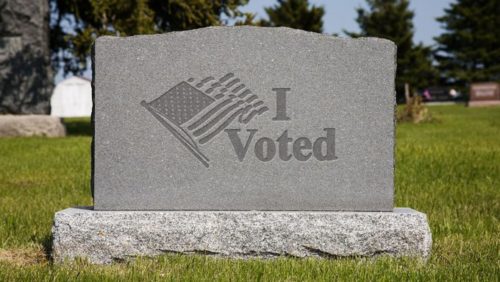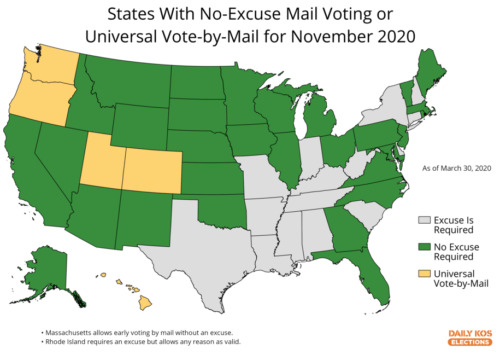Will a majority of Justices overturn a 40-year-old precedent to grab more power for itself and for corporations?
March 2024
On the surface Loper Bright is a dispute about fishing corporations challenging the power of the National Marine Fisheries Service to require them to pay the cost of observers who monitor companies’ compliance with federal fishery rules. But this seemingly narrow legal question actually could yield widely destructive consequences because the justices have opted to re-examine a 40-year-old precedent the court established in Chevron Inc. v. Natural Resources Defense Council.
That precedent, widely known as the Chevron Doctrine, says state courts should defer to federal agencies’ interpretation of a law when the language is ambiguous or leaves discretion regarding implementation.
Chevron effectively says the civil servants with expertise in their field and who are accountable to an elected president should decide how to implement Congress’ mandates, rather than judges — a principle clearly rejected by the most regressive justices. Reversing this precedent would do enormous harm, stripping many federal agencies charged with protecting civil rights, consumers, and public health and safety; limiting pollution and environmental harm; and much more.
Stripping the Environmental Protection Agency of its authority to limit carbon emissions is one obvious industry target.
Dozens of corporate and far-right advocacy groups are pushing the court to overturn Chevron and anoint federal courts as the arbiters of which federal regulations are proper. Such a ruling would invite floods of lawsuits challenging rules that limit or regulate corporate activities. Workplace safety rules, product safety regulations, and limiting emissions to abate the climate crisis are among the obvious targets.
Reversing Chevron also would undermine other core Unitarian Universalist values by enabling state politicians to challenge crucial federal civil rights and voting protections.
Congress is ill-equipped to manage the day-to-day administration of legislation it passes and necessarily must empower federal agencies to turn its broad directives into specific actions based on good-faith interpretations. Those actions remain subject to judicial oversight if any agency truly exceeds its authority. Accordingly, SCOTUS should uphold theChevron precedent and sustain the ability of civil servants to do their jobs effectively.
SCOTUS however, appears likely to at least weaken, if not overturn, the Chevron Principle, based on reports from oral argument.
Origin and Status: The case came on a writ of certiorari to the U.S. Court of Appeals for the District of Columbia Circuit. In October, the court also agreed to hear a second challenge to the Chevron Doctrine, Relentless v. Department of Commerce, which will be argued simultaneously with Loper v. Raimondo.
Related: Edison Electric Institute v. Federal Energy Regulatory Commission (FERC): Other corporations also are pushing the Court to overrule Chevron and grant them more power. The Edison Electric Institute and the utility NorthWestern Energy seek to have a lower court ruling in favor of the U.S. Federal Energy Regulatory Commission overturned. They object to approval of a FERC finding that a Montana solar and battery storage facility qualifies for incentives that encourage small renewable energy producers to upload power to the grid. No action has been taken by the Court as of April 2024.



